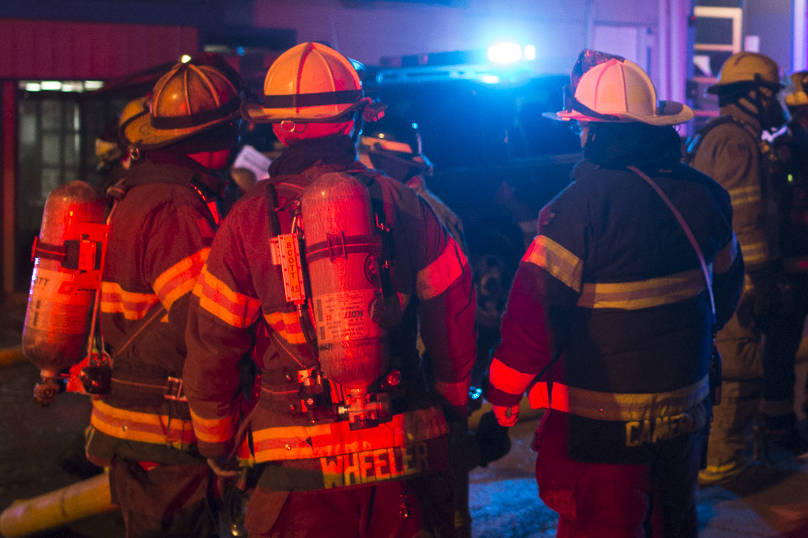The Alaska Department of Public Safety has two initiatives to consolidate and update emergency communications across the state.
“In 80% of the state, if you call 911, you’ll get routed through a bunch of trunks and end up in Fairbanks. One of our patrol detachments is bigger than the state of Texas,” said Leon Morgan, the deputy commissioner for the Alaska DPS, in a phone interview. “If we don’t know where you are, we can’t respond. We’re doing the best we can to give service to our citizens no matter where they are in the state.”
The initiatives will make it so that anyone who calls 911 in Alaska will have their location immediately identified, as long as they’re in cell service range, Morgan said. The protocol is called Enhanced 911, and is present throughout the Lower 48 and in urban centers in Alaska. However, Morgan said, rural Alaska is lagging behind.
[Coast Guard suspends search for Sitka kayaker]
“The city of Juneau has a very modern, professional emergency communication service. In our rural areas, in Southeast Alaska, we don’t have that technology,” Morgan said. “You can buy something on Amazon, but if you dial 911, we still don’t know where you are. This will change that.”
The initiatives have two main angles of attack. The first is to give all Alaska telecom providers a year’s warning on the six month notice to update and comply with the new standard. The second is to build a new Emergency Communication Center, a dispatch center for 911 calls, located in Anchorage, to consolidate and streamline dispatch centers in the surrounding areas and support the existing ECC in Fairbanks.
“We’re giving them a year advance of their six-month letter,” Morgan said. “We’re spinning up our communication centers, and two, we want to be good partners.”
Morgan said the initiatives will help the public safety crisis in the rural areas of Alaska by allowing dispatch centers to send law enforcement and public safety personnel to precisely where they need to go, spreading the updated network to the 80% percent of the state that isn’t currently covered by the new protocol.
“We live it every day. We are rural police. We feel it every day. This is a critical component in alleviating some of those rural policing problems,” Morgan said. “Giving those people in rural Alaska the same E911 coverage as the rest of the state.”
• Contact reporter Michael S. Lockett at 757-621-1197 or mlockett@juneauempire.com.

